Publications
Articles, publications, books, tools and multimedia features from the U.S. Institute of Peace provide the latest news, analysis, research findings, practitioner guides and reports, all related to the conflict zones and issues that are at the center of the Institute’s work to prevent and reduce violent conflict.
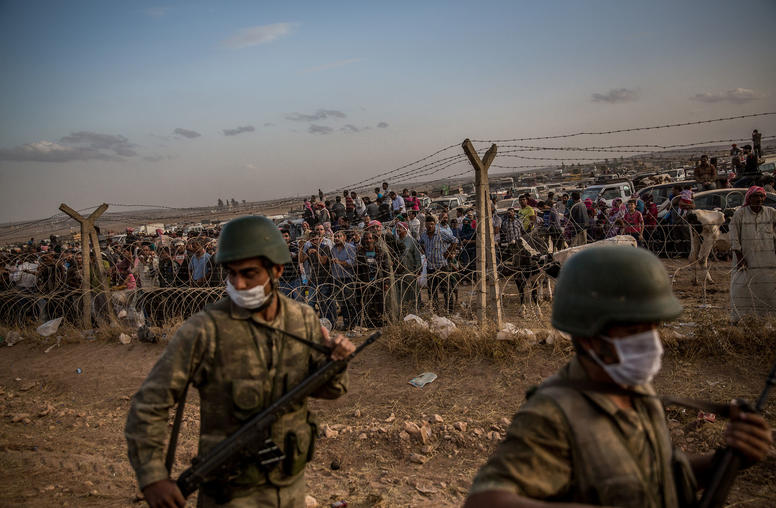
In Syria, Russian-Turkish Deal is a Game Changer on the Ground
A chain reaction of events over the past two weeks in Syria have effectively reordered the conflict’s balance of power. Russia has emerged as the key power broker in Syria. Meanwhile, both the Assad regime and Turkey have achieved important gains, while the Kurds have suffered a significant loss. A 10-point deal negotiated between Russia and Turkey—if implemented successfully—will fulfill Turkey’s long-held demand that Kurdish forces be pushed approximately 20 miles off the Syrian-Turkish border. Following a U.S. decision to withdraw the majority of its forces from Syria, the deal also cedes control over significant portions of northeast Syria to the Assad regime and Russia. USIP’s Mona Yacoubian looks at the elements of the Russian-Turkish deal and its implications for Syria and the broader region.

Mona Yacoubian on the State of Play in Syria
Eight years of conflict has decimated Syria’s infrastructure and shredded the social fabric. But, intelligence officials expect ISIS to be “fully ejected” from Syrian territory in the next two to four weeks. Mona Yacoubian argues that a precipitous U.S. withdrawal could lead to an ISIS resurgence and examines the complex regional situation.
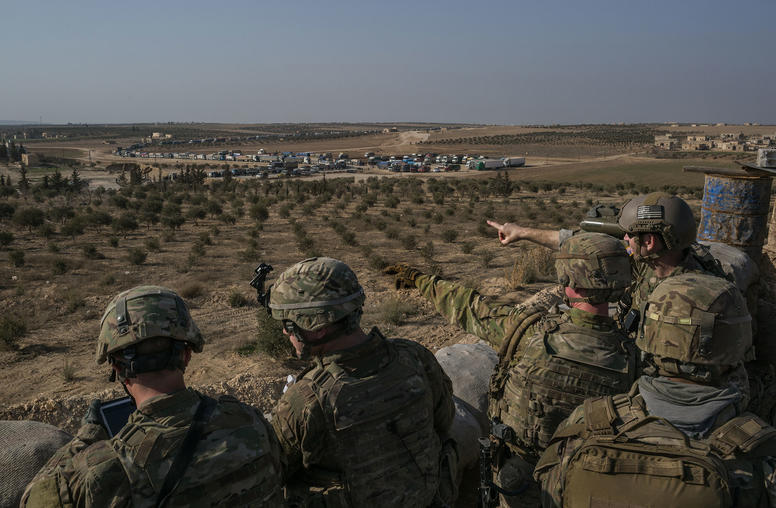
What Does the U.S. Troop Withdrawal Mean for Syria?
On Wednesday, the White House announced that it will “fully” and “rapidly” withdraw the U.S. military presence in Syria, where approximately 2,000 U.S. troops have been stationed in the northeastern, Kurdish-controlled part of the country, near its border with Turkey. USIP’s Mona Yacoubian examines the implications of the troop withdrawal and its broader impact on the Syria conflict.

Mona Yacoubian on the State of Play in Syria
Mona Yacoubian discusses the state of play in Syria ahead of important withdrawal deadlines this week for removing heavy weapons from Idlib province. Yacoubian also discusses the waves of migration forced by the crisis, noting that 2018 has been the worst year to date for internally displaced Syrians; and the recent news that U.S. special operations forces are likely to remain in the country indefinitely to prevent a possible re-emergence of ISIS.
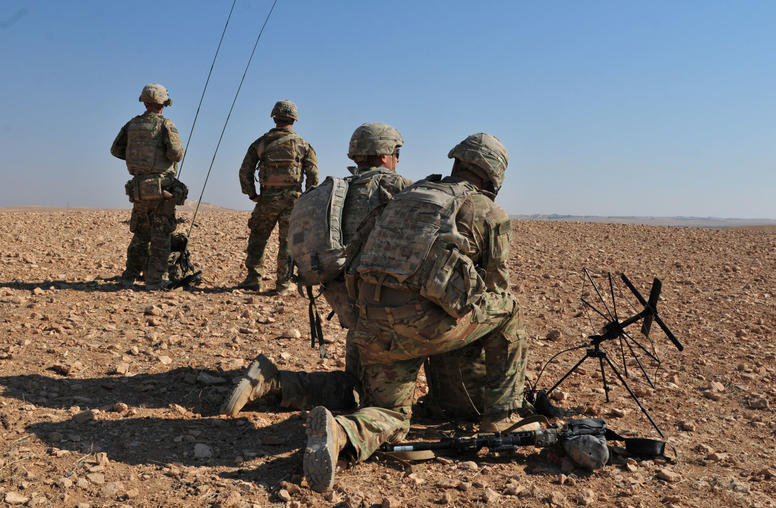
U.S. Policy Toward Syria: Part I
Mona Yacoubian, senior advisor for Syria, the Middle East, and North Africa, testified on September 27 at the House Foreign Affairs Subcommittee on Middle East and North Africa hearing on “U.S. Policy Toward Syria: Part I.”

Mona Yacoubian on Syria
As the Assad regime consolidates power across Syria, Mona Yacoubian says that regime change is increasingly unlikely seven years into the civil war. But, the conflict remains complex, as the U.S. and coalition forces continue to work to eradicate remnants of ISIS and Israel becomes increasingly concerned over Iran’s military presence in neighboring Syria.
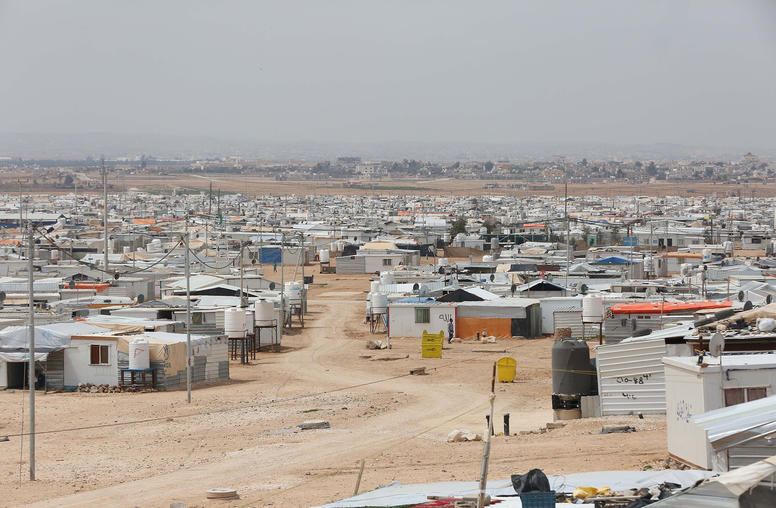
Regime Offensive Aims to Retake Southwest Syria, Displaces Thousands
Over the past two weeks, the Syrian government has embarked on a military offensive across Syria’s southwest, focused on retaking the city of Dara’a. Russia has played a critical role, backing the operations with airstrikes. The United Nations estimates that at least 160,000 Syrian civilians have been displaced by the fighting, and the number could increase as the battle intensifies.
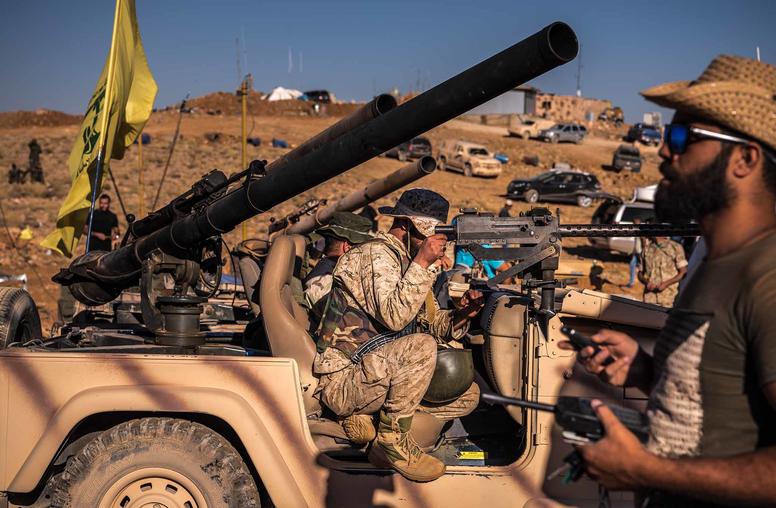
Iran and Israel Are Racing Toward Confrontation in Syria
Ties between Tehran and Damascus have been close since the 1979 revolution, but the relationship deepened after Syria’s civil war erupted in 2011. With the Assad regime’s survival at stake, Tehran doubled down on its support, providing critical military assistance—fighters and strategists—and economic aid estimated to be in the hundreds of millions of dollars.
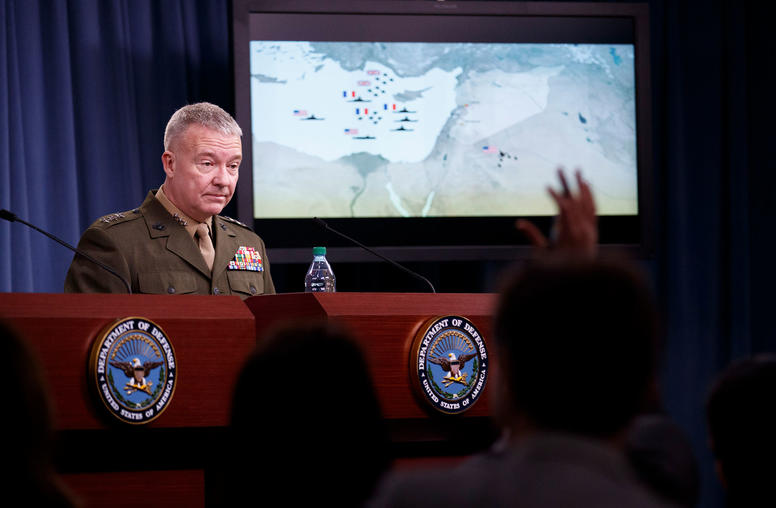
Q&A: After Airstrikes, What’s Next for the U.S. in Syria?
On Friday evening, the United States, together with Britain and France, launched a joint military operation in response to the Syrian regime’s April 7 chemical weapons attack on Douma. The Douma attack left more than 40 civilians dead and several hundred experiencing symptoms of exposure to toxic chemicals. The coordinated airstrikes hit three targets associated with Syria’s chemical weapons infrastructure: a scientific research center, a chemical weapons production facility, and a chemical weapons storage area. Around this time last year in April 2017, the Trump administration launched a unilateral cruise missile strike on the Shayrat airfield following a sarin attack by the Syrian regime on the town of Khan Shaykhoun, which killed more than 90 civilians. U.S. Institute of Peace Senior Advisor for Syria Mona Yacoubian provides some insight into the airstrikes and the challenges that lie ahead.
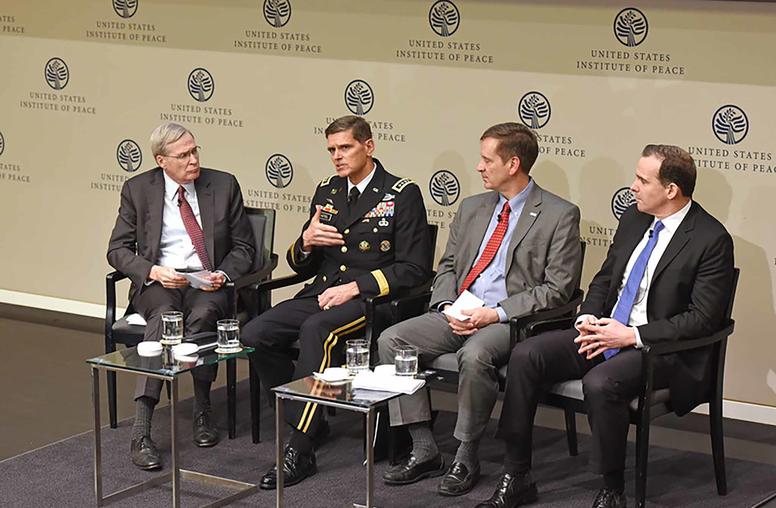
Tilting Iraq and Syria Toward Stability—and Away From ISIS
With last year’s military rollback of the ISIS-declared caliphate, U.S. security and Middle Eastern stability require some way to establish governance in Iraq and Syria that meets the needs of their peoples, according to U.S. administration and military leaders, Iraqi officials and regional experts speaking on April 3 at USIP. During a day-long examination of strategy to stabilize the region and prevent a revival of ISIS, U.S. special presidential envoy Brett McGurk said President Trump’s March 30 order to freeze spending on post-combat recovery efforts in Syria “is not hampering our work in the field.”